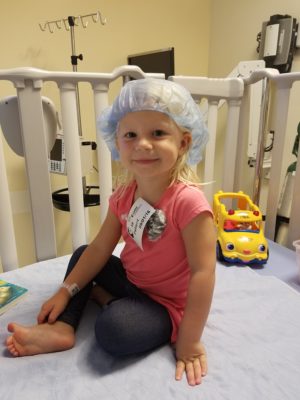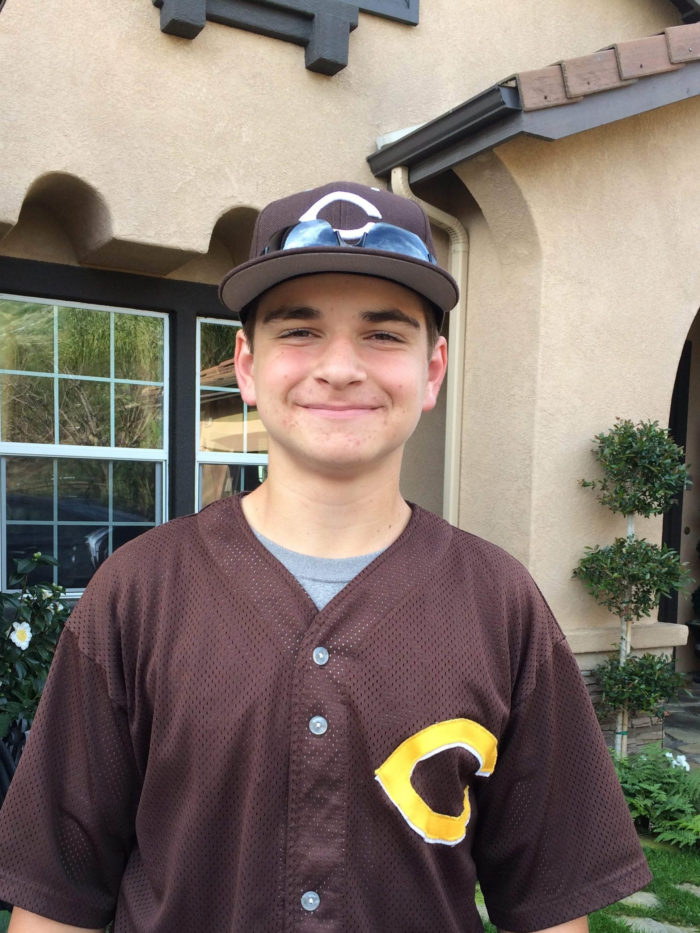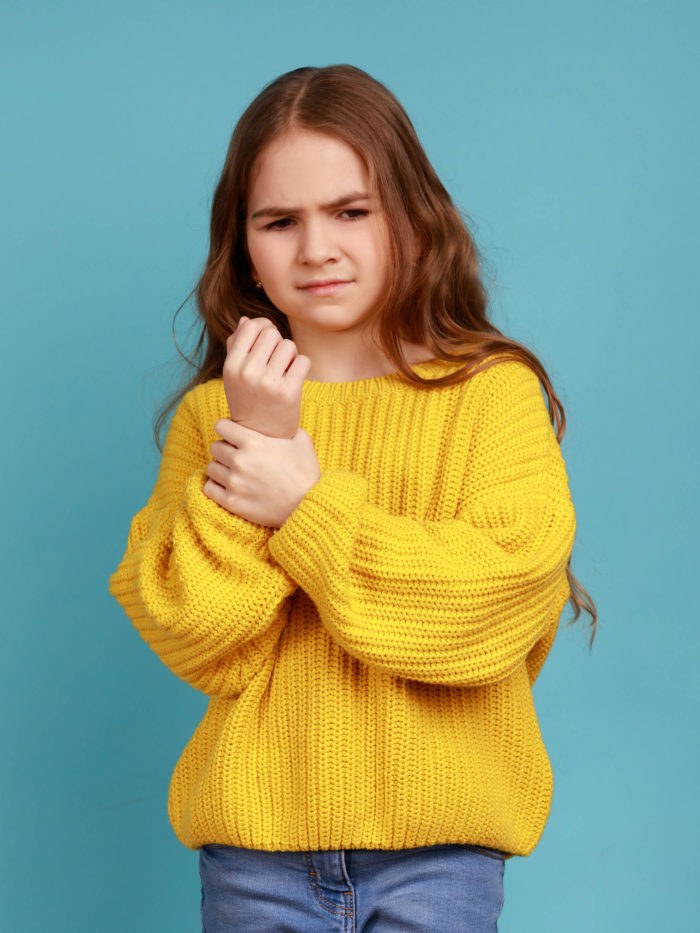While it can’t be cured, juvenile arthritis can be well managed with long-term medications and therapy, and affected children can live normal lives, a CHOC rheumatologist says.
“There are such good medications available and there are some new biologic medications that are targeted and effective for treating most forms of arthritis in children,” says Dr. Sheryl J. Boon, division chief of rheumatology at CHOC. “The outlook now for kids with arthritis is much better than it was 20 years ago.”
Children with juvenile arthritis can be treated by their pediatrician or a specialist. Treatment goals are to control inflammation and swelling, relieve pain, prevent joint damage and help the child to move and function as much as possible, Dr. Boon says.
And there’s no reason that children with a form of juvenile arthritis can’t play sports and do all those activities other kids enjoy, she adds.
In fact, parents should try to make life as normal as possible for their child with juvenile arthritis, Dr. Boon advises. While they should try avoiding activities that cause extra stress on the joints, families shouldn’t dwell on the disease.
“We want the kids to feel like they are normal,” Dr. Boon says. “We don’t want them to feel disabled. Most of our kids take the normal P.E. classes and can do everything all the other kids can do.”
CHOC uses a team approach to treat children with arthritis, and includes care from physicians, nurses, a social worker, physical therapist and occupational therapist, Dr. Boon says.
“The social worker meets with all the family members and helps them cope with the chronic illness and any school-related issues, like making sure the kids have extra time between classes if they need it or no physical education if they need it,” she says.
The goal is to keep children active with arthritis.
“We can send the children to get physical and occupational therapy so they can get exercises and get moving again,” Dr. Boon says.





